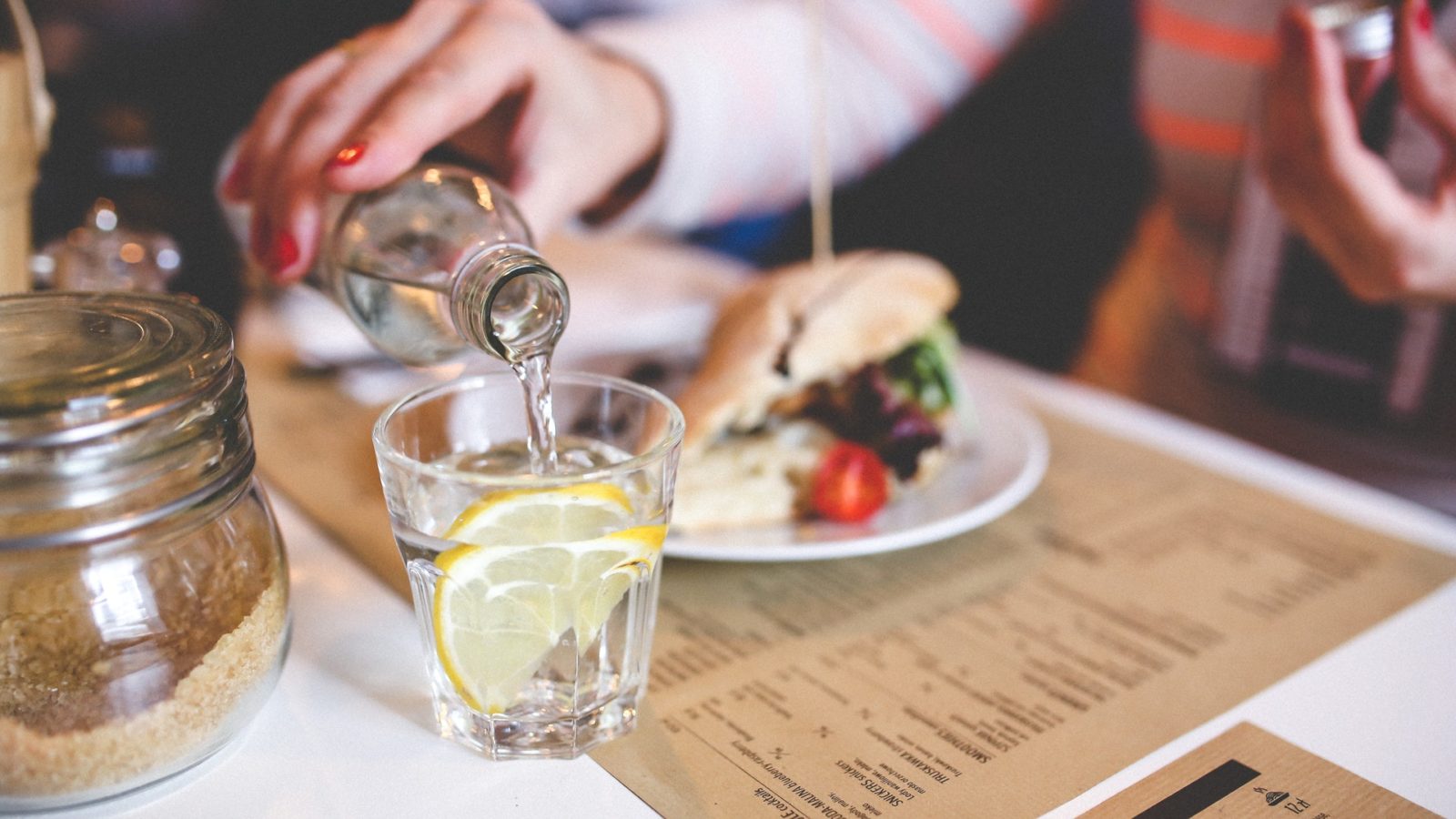Staying at home to prevent the spread of the coronavirus is helping save lives. But at the same time, the associated stress — much of it related to boredom, anxiety, or fear of the unknown — puts many of us at risk of indulging in unhealthy habits.
Here’s a snapshot of what’s been happening since stay-at-home orders first began: Alcohol sales were up 55% in the week ending March 21, 2020, according to Nielsen. People are also eating more and exercising less. According to new data from 68,000 fitness trackers, there’s been a 39% nationwide decline in physical activity since March 1, 2020. Unsurprisingly, people are also streaming TV at higher rates than are typical: during the last week of March, Americans streamed 156 billion minutes of television — that’s 41 billion minutes more than the last week of February, Axios reports.
In a time of unprecedented stress and trauma, people are flocking to whatever substance helps them pass the time — whether that’s alcohol, sugar, technology, or some other personal vice.
But these solutions are short-sighted. Without intervention, these self-medicating habits may last long after social-distancing mandates are over, and can have dangerous repercussions on a person’s physical and mental well-being. Take alcohol, for example.
“We know that stressors of all kinds can increase the likelihood of relapse for those with an alcohol use disorder and an escalation in drinking for those without one,” Kathy Jung, Ph.D., director of the National Institute on Alcohol Abuse and Alcoholism’s division of Metabolism and Health Effects, told Johns Hopkins Bloomberg School of Public Health’s Global Health Now. “At a population level, alcohol use increases in times of turmoil. We are living in a world that might remain socially fractured for much longer than in previous disasters. This has people in the addiction field concerned.”
The good news is that it’s possible to replace these problematic habits with new, healthier ones. And the steps to get there are smaller than you might think. To get started, try some of these Microsteps:
If you’re feeling stressed or panicked about what’s going on in the world, take a few minutes to meditate. Pausing to simply breathe allows you to be less stressed, more present and more resilient in the face of uncertainty.
Swap one sugary beverage a day with water. Sugar is proven to increase inflammation in our bodies, which limits our immune response. If you’re able, you might want to add a slice of lemon to make it more flavorful.
Schedule 30 minutes on your calendar to make and eat a healthy lunch every day. One of the big benefits of working from home is that it’s easier to cook yourself a healthy lunch when you have access to healthy food in your kitchen.
Make sure you move throughout the day. For example, walk around your home (or even around the room) while speaking on the phone.


